Navigating the world of insurance can be tricky. Sometimes, it’s better to stay tight-lipped to avoid hurting your claim. Here’s the inside scoop on when to think twice before picking up the phone.
1. Minor Fender Benders

Image Credit: Shutterstock / Indypendenz
Reporting a minor accident can lead to increased premiums. Insurance companies are quick to hike rates, even for small claims. If the damage is minimal and no one is hurt, it might be better to handle it privately.
2. Small Home Damages
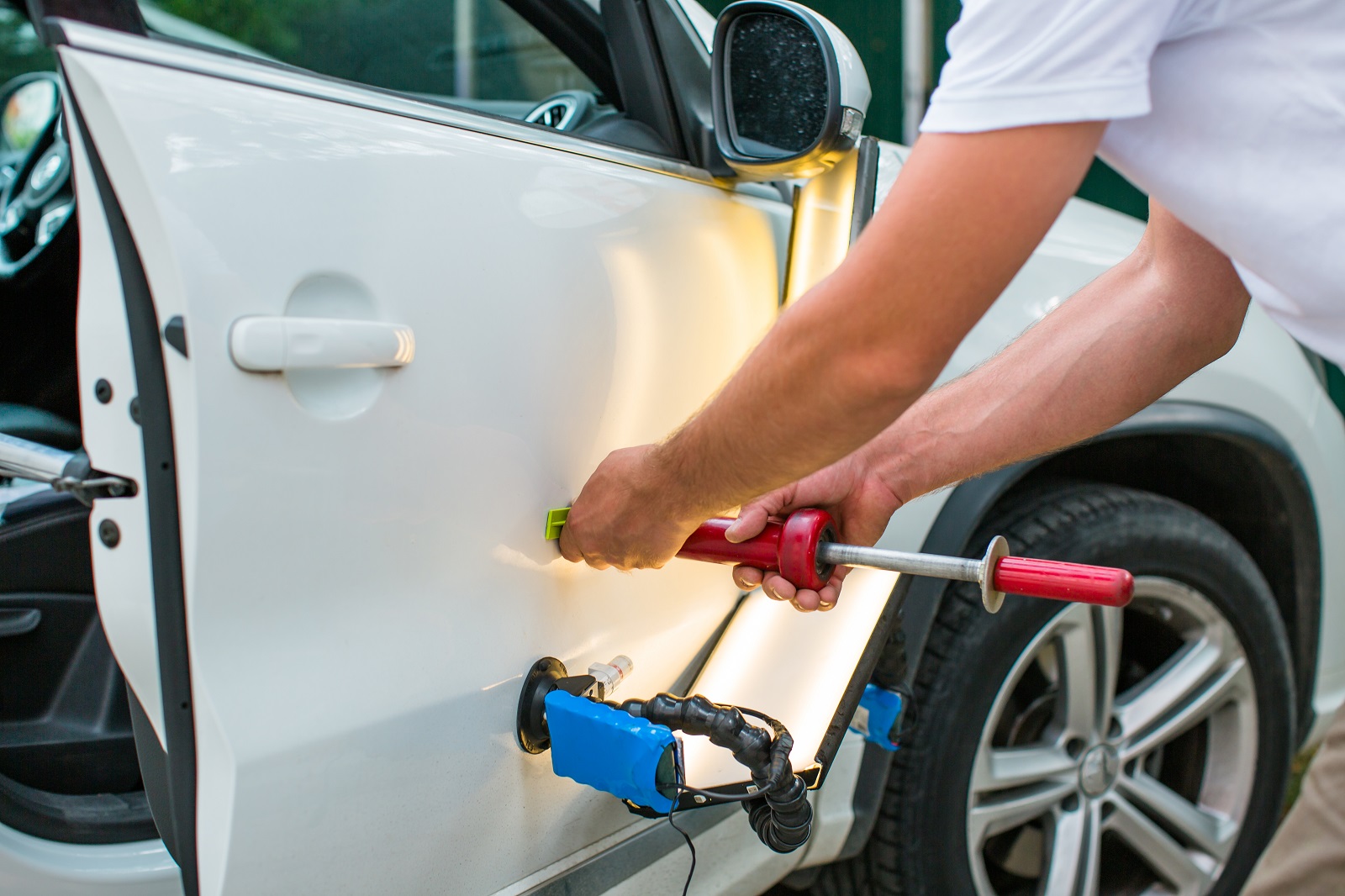
Image Credit: Shutterstock / Iakovleva Daria
For minor home repairs, like a small leak or a broken window, you might want to pay out-of-pocket. Frequent claims can label you as high-risk, resulting in higher premiums or even policy cancellation.
3. Parking Lot Scrapes

Image Credit: Shutterstock / Andrey_Popov
A scrape in a parking lot might not be worth reporting. These minor incidents can still affect your rates. Consider settling it with the other driver without involving your insurance.
4. Windshield Chips
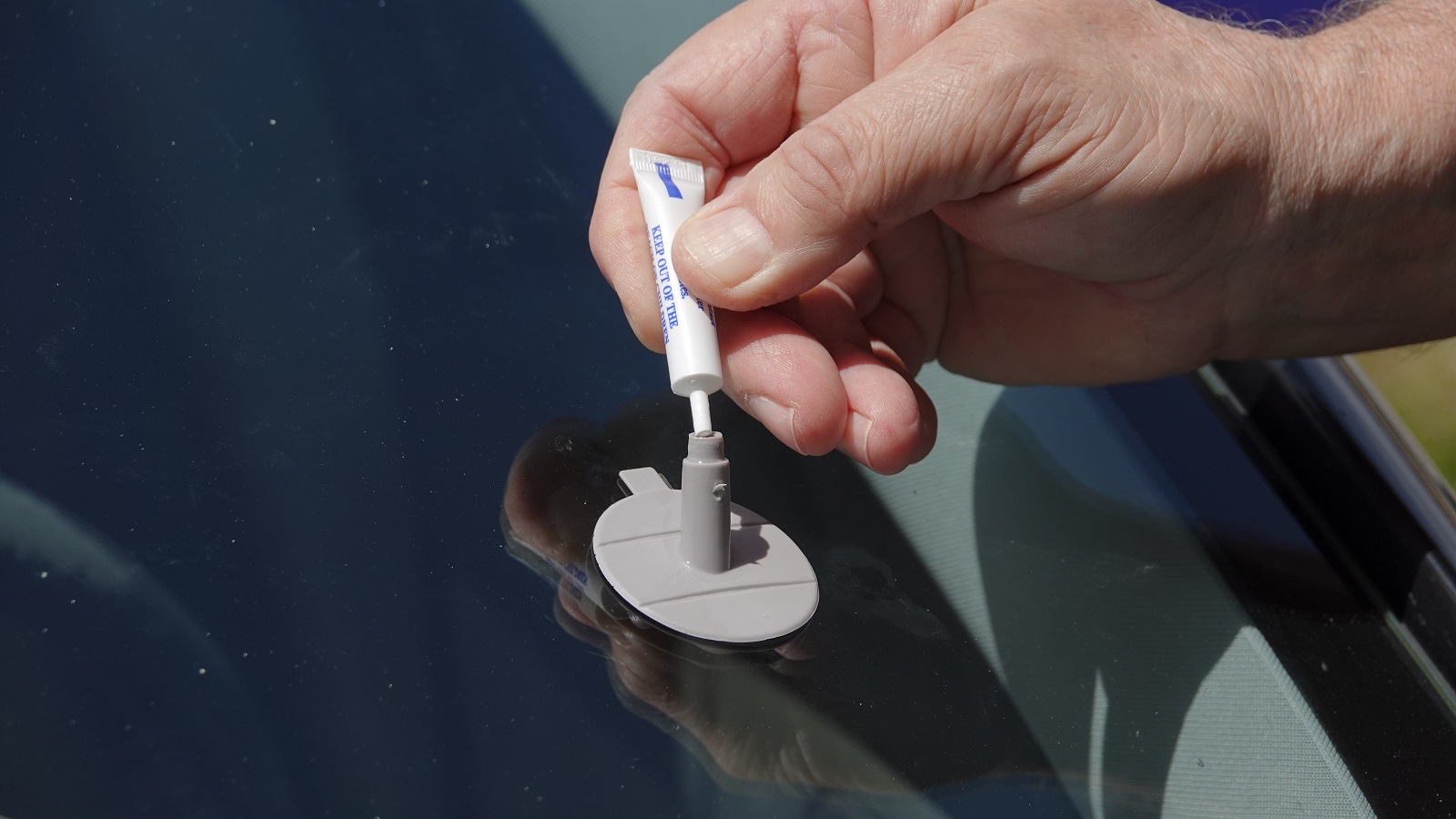
Image Credit: Shutterstock / Simone Hogan
A small chip in your windshield is often cheaper to repair out-of-pocket than to file a claim. Many policies have deductibles that exceed the repair cost, making it a pointless claim.
5. Lost Items

Image Credit: Shutterstock / fizkes
Losing personal items, like a phone or jewelry, often has low coverage limits and high deductibles. Filing a claim for lost items can end up costing more in increased premiums.
6. Water Damage from Poor Maintenance

Image Credit: Shutterstock / Studio Romantic
Insurance companies are wary of water damage claims, especially if they result from poor maintenance. If you haven’t kept up with home maintenance, your claim could be denied, and your premiums might increase.
7. Pet Incidents
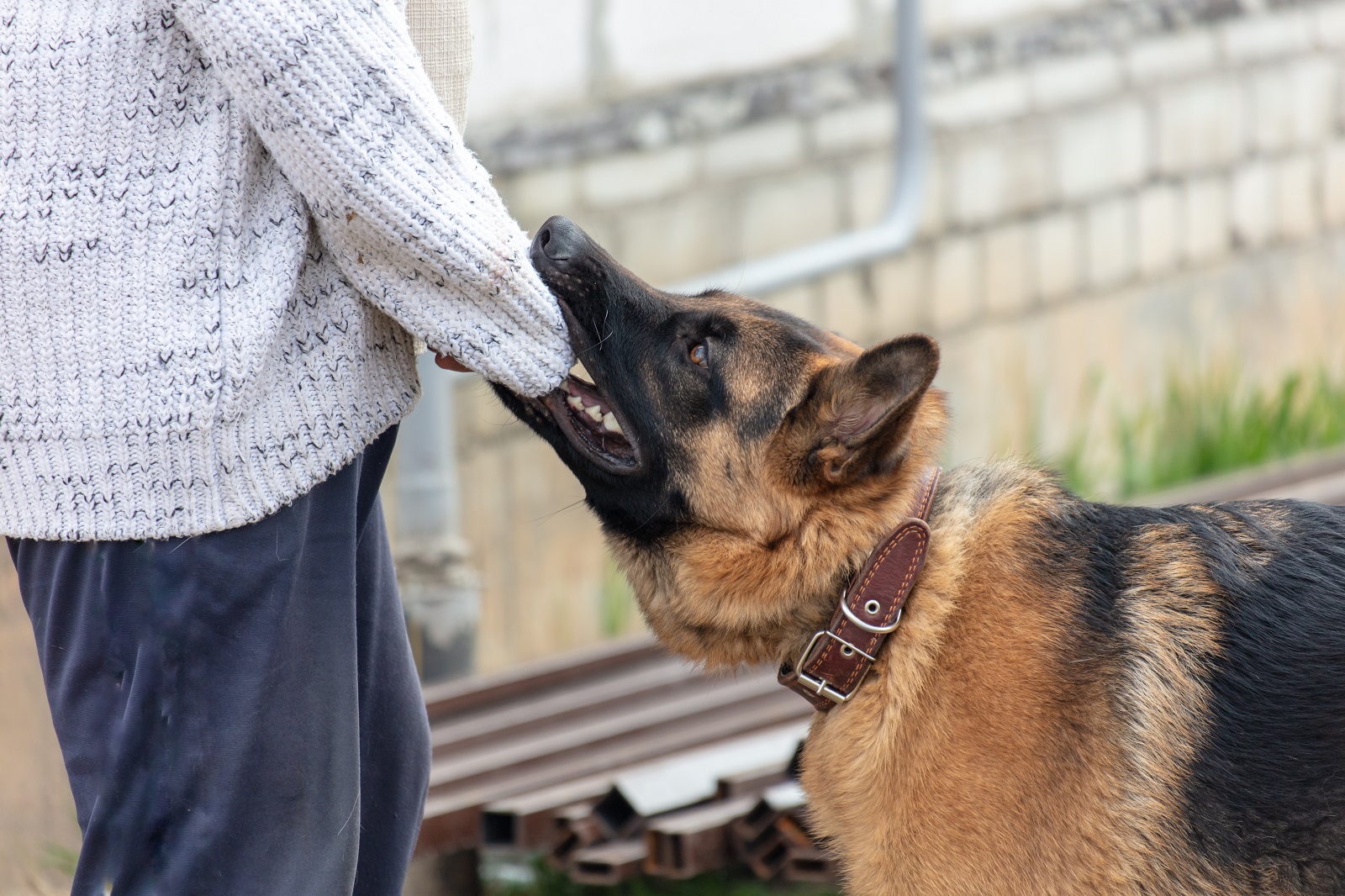
Image Credit: Shutterstock / schankz
Your dog bit someone? Filing a claim could lead to your insurance company dropping your policy. Handle minor incidents privately if possible to avoid future coverage issues.
8. Wear and Tear

Image Credit: Shutterstock / fizkes
Insurance doesn’t cover normal wear and tear. Filing claims for these issues not only gets denied but also flags you as a risky customer.
9. Minor Injuries

Image Credit: Shutterstock / ALPA PROD
A small cut or bruise from an incident at home or in your car is best handled without an insurance claim. Medical expenses can often be less than your deductible.
10. Unconfirmed Damages

Image Credit: Shutterstock / FGC
If you suspect damage but don’t have proof, wait before calling your insurer. Once you report it, it’s on record, and too many reports can make you look suspicious.
11. DIY Fixes Gone Wrong

Image Credit: Shutterstock / fizkes
Attempting to fix something yourself and failing? Don’t report it. Insurers might see this as negligence and deny your claim, plus it can increase your rates.
12. Acts of God with Low Damage
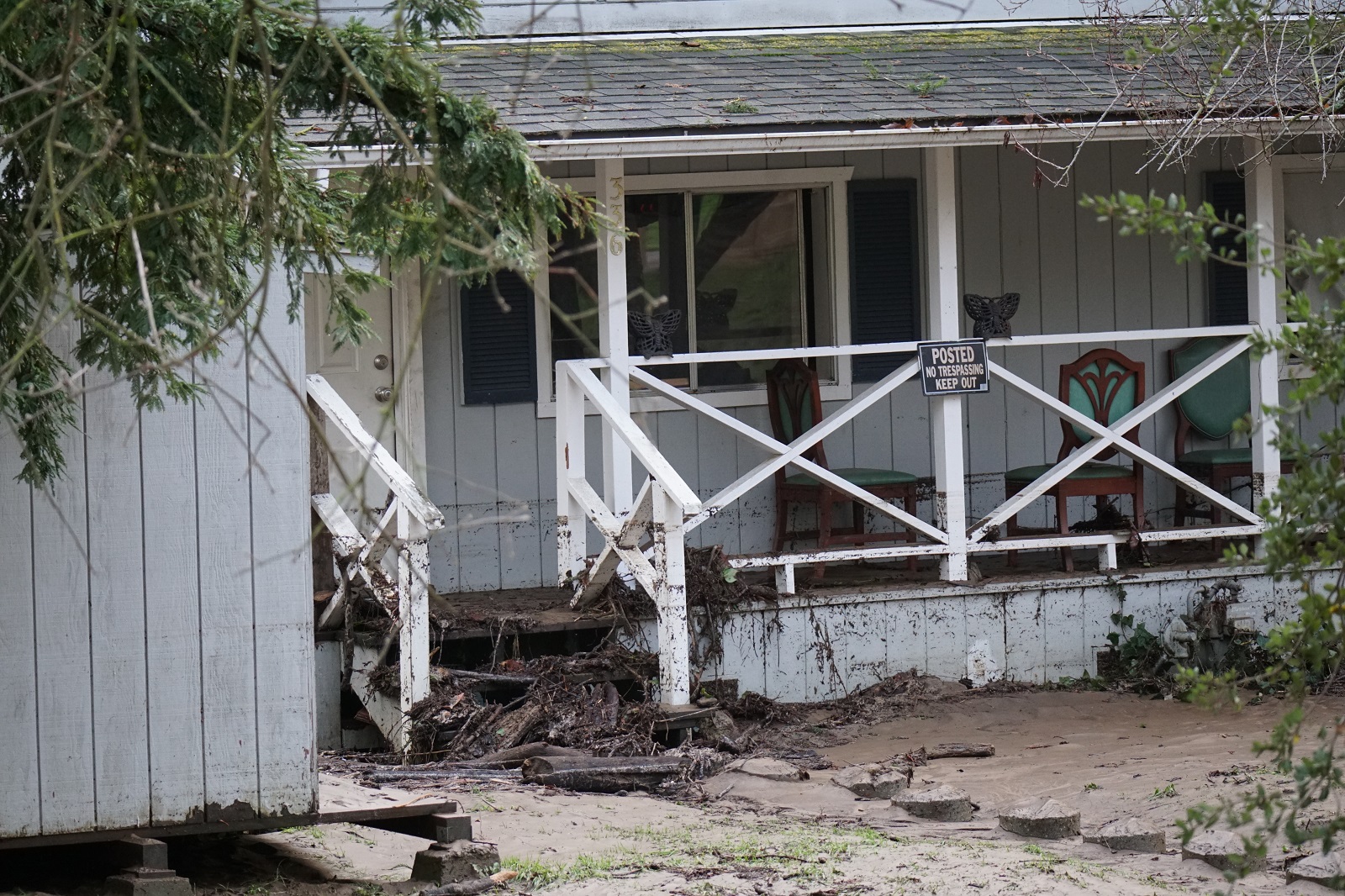
Image Credit: Shutterstock / Michael Barajas
For minor damage caused by natural events like storms, consider handling repairs yourself. Filing a claim for small amounts can still hike your rates.
13. Small Theft Claims

Image Credit: Shutterstock / fizkes
For small thefts, the cost of replacing items might be less than your deductible. Reporting these can still lead to premium increases.
14. Claims Right After a Policy Change

Image Credit: Shutterstock / shisu_ka
Just switched insurance? Filing a claim right after can raise red flags. Insurers might suspect you knew about the issue beforehand, leading to complications and higher premiums.
15. Liability Only Policies

Featured Image Credit: Shutterstock / Pressmaster
If you have liability-only coverage, don’t report damages to your own vehicle. These aren’t covered, and reporting them unnecessarily can still affect your policy.
16. Small Medical Expenses

Image Credit: Shutterstock / Studio Romantic
For minor medical expenses from incidents at home or on the road, paying out-of-pocket might be cheaper in the long run compared to higher premiums.
17. Previous Unreported Incidents

Image Credit: Shutterstock / fizkes
Don’t suddenly report old damage. Insurers might suspect fraud or neglect and deny your claim. Only report new, verifiable incidents.
18. Frequent Claims

Image Credit: Shutterstock / fizkes
If you’ve made several claims recently, hold off on minor ones. Too many claims in a short period can lead to non-renewal or significantly higher premiums.
Stay Smart, Stay Covered

Image Credit: Shutterstock / fizkes
Insurance companies are always on the lookout for high-risk customers. By being strategic about what you report, you can avoid unnecessary premium hikes and policy complications. Sometimes, it’s better to stay quiet and handle minor issues yourself.
Police Magnet: 7 Cars That Guarantee You’ll Get Pulled Over
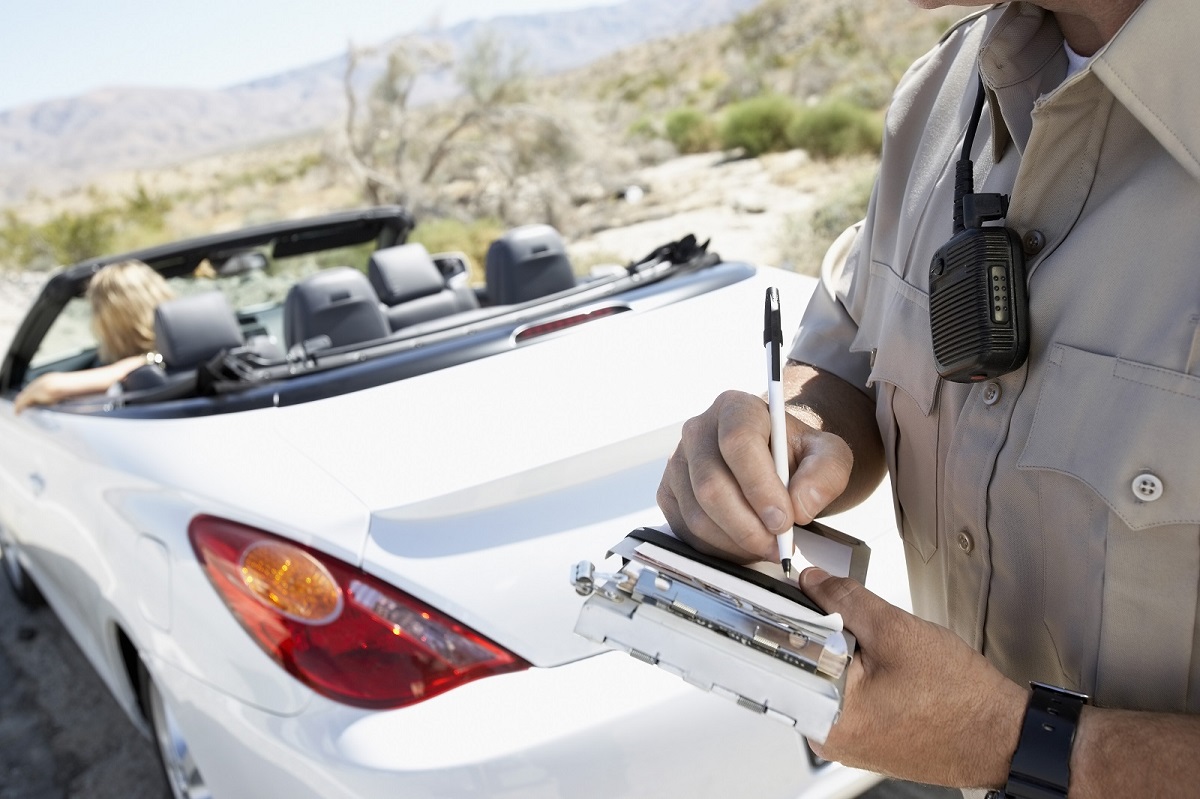
Image Credit: Shutterstock / sirtravelalot
Driving certain cars can make you more noticeable to law enforcement, even if you’re abiding by all the rules. Are you driving one of these “police magnets”? Here are seven cars that seem to attract more police attention than others. Police Magnet: 7 Cars That Guarantee You’ll Get Pulled Over
The Classic Cars That Were Total Clunkers

Image Credit: Pexels / Pixabay
Nostalgia has a funny way of making the past seem better than it was, especially when it comes to cars. But here’s the hard truth: some of those “classic” cars your dad raves about were real clunkers. Here’s a closer look at why some of those so-called “classics” weren’t all they were cracked up to be. The Classic Cars That Were Total Clunkers
The Worst U.S. Cars Ever Made: A Retro List
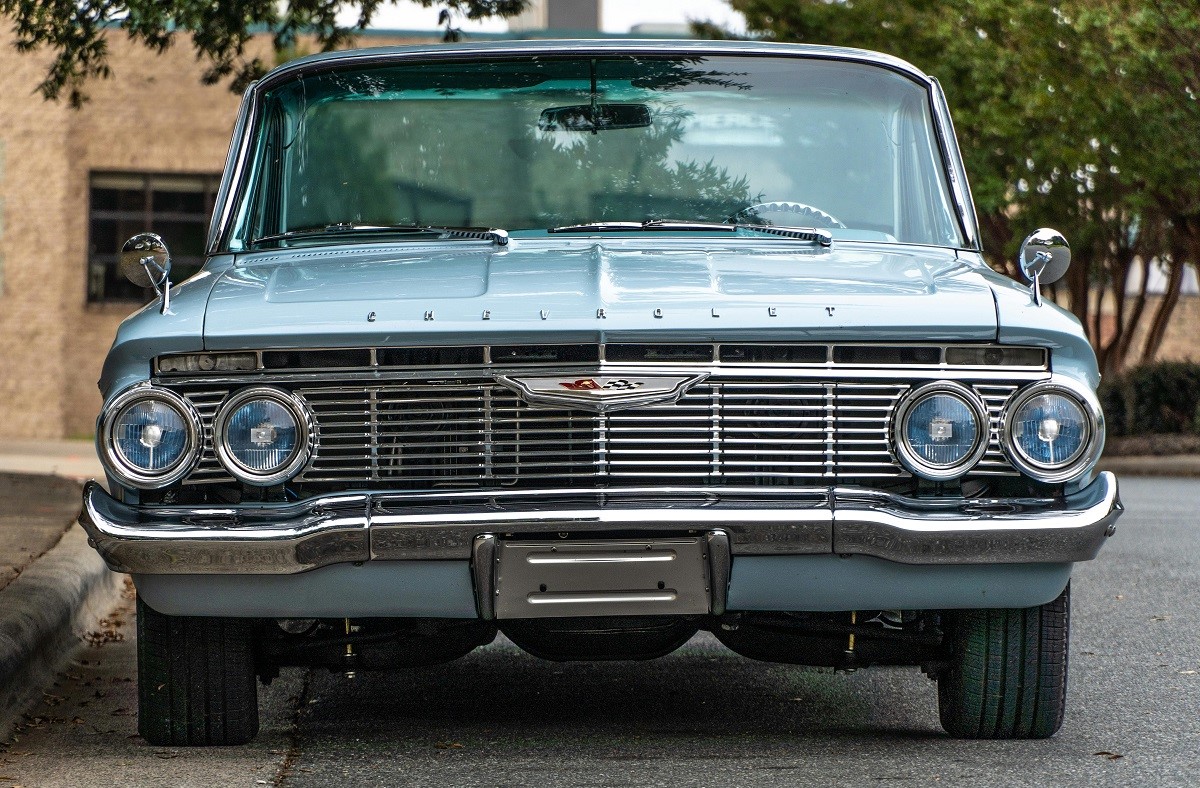
Image Credit: Pexels / Be The Observer
The U.S. auto industry has produced some incredible vehicles, but not every model was a hit. Here’s a look back at 16 of the worst cars ever made in the U.S., each infamous for its own unique flaws. The Worst U.S. Cars Ever Made: A Retro List
Featured Image Credit: Shutterstock / fizkes.
For transparency, this content was partly developed with AI assistance and carefully curated by an experienced editor to be informative and ensure accuracy.
The images used are for illustrative purposes only and may not represent the actual people or places mentioned in the article.



